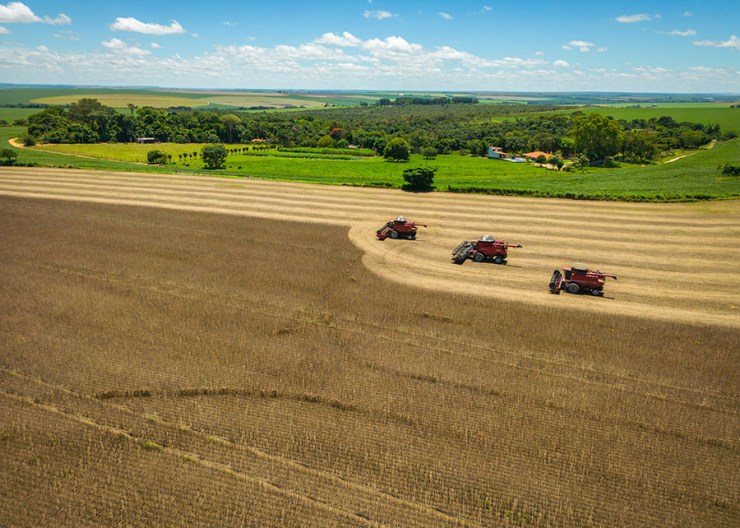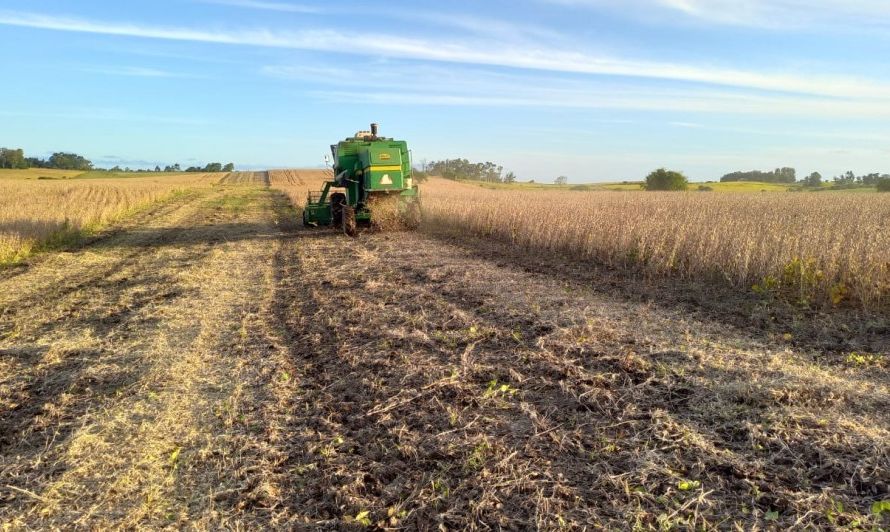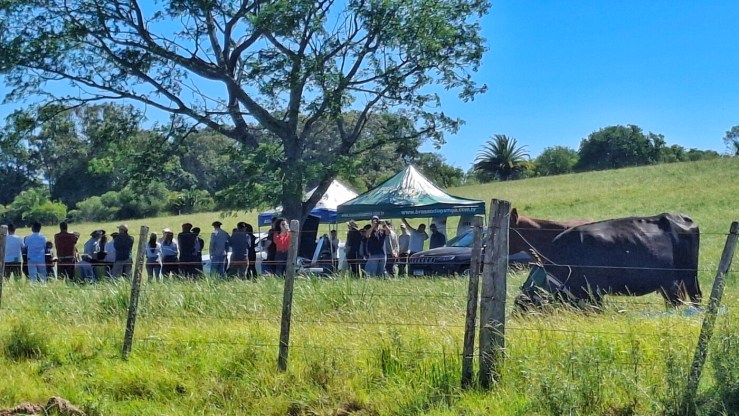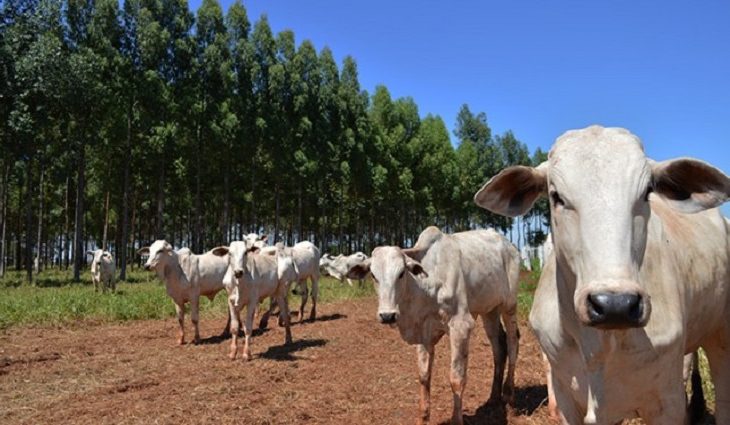The Agriculture, Livestock, Supply and Rural Development Committee (CAPADR) of the Chamber of Deputies approved, this Wednesday (09), the Bill (PL 641/2025), which determines the minimum allocation of R$$ 250 billion per year for the execution of the Harvest Plan. The text also prevents the Executive Branch from suspending resources without express authorization from the National Congress, protecting the country's main rural credit policy.

Carol de Toni, deputy: “The proposal establishes a minimum reference for agricultural planning”
The Parliamentary Agricultural Front (FPA) acted decisively to make the proposal viable, given growing concerns about resource scarcity and the need to ensure predictability for the agricultural sector. Also in April, the caucus submitted a consolidated proposal for the 2025/2026 Harvest Plan to the Minister of Agriculture. The document, prepared based on contributions from the 59 entities that make up the Instituto Pensar Agro (IPA), was delivered by Representative Alceu Moreira (MDB-RS), institutional coordinator of the FPA.

Alceu Moreira, deputy: “Those in the field need to know what’s going to happen to make decisions safely” – Photo: Disclosure/FPA
At the time, Moreira clarified that the main objective would be to ensure security and predictability for rural producers, especially in a scenario of climate and economic instability. "Those in the field need to know what's going to happen to make decisions with confidence. This proposal is solid, built on real data and the realities of the sector," Moreira stated.
The bill's rapporteur, Congresswoman Carol de Toni (PL-SC), stated that the text provides greater security for the rural business environment, in addition to strengthening the sector. For the congresswoman, guaranteeing the minimum amount, more than just fairness to the productive sector, is a state strategy. "The proposal establishes a minimum benchmark for agricultural planning. It serves as a basis for improving rural policies and values rural producers. Agriculture plays a fundamental role in the national economy, accounting for a significant portion of the Gross Domestic Product and generating millions of jobs, and deserves to be respected."

Paulo Bilynsky, congressman: “The project contributes to strengthening Brazilian agriculture and, consequently, to the country's economic and social development.”
The author of the measure, Congressman Paulo Bilynskyj (PL-SP), highlighted that the “project contributes to the strengthening of Brazilian agriculture and, consequently, to the country’s economic and social development.”
The matter goes to the Finance and Taxation Committee (CFT).





